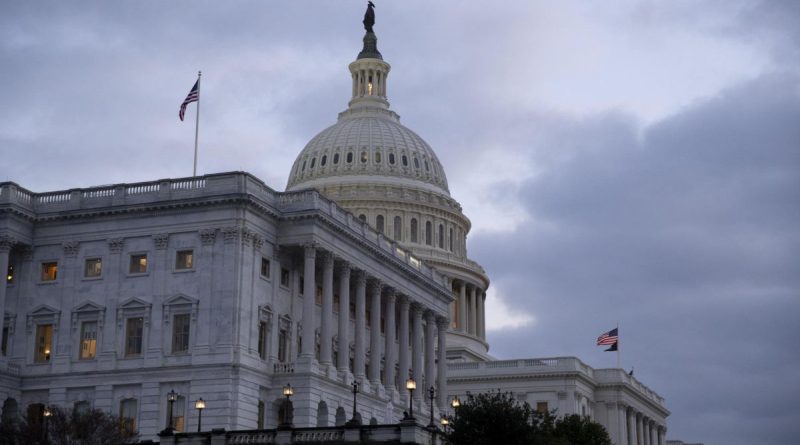The bill on the state budget for 2024 is submitted to the House of Representatives for consideration
After days of delay, congressional leaders released a bipartisan $1.1 trillion spending bill for defense, homeland security and other programs Thursday morning.
Lawmakers now have less than two days to avert a partial suspension of government agencies (shutdown).
The Republican-controlled House of Representatives will vote on the package Friday, leaving the Democrat-majority Senate with several hours to pass a package of six bills that covers about two-thirds of the $1.66 trillion in discretionary government spending for the fiscal year that began Oct. 1.
“These final six bills represent a bipartisan and bicameral compromise,” the Senate’s two lead negotiators, Democrat Patty Murray and Republican Susan Collins, said in a statement. – They will ensure investments in the American people, build a stronger economy, help keep our communities safe and strengthen our national security and global leadership.”
Senate Democratic Leader Chuck Schumer said he hopes Congress can avert a shutdown if Democrats and Republicans cooperate.
The compressed schedule raises the risk of at least a short-term shutdown, which could come after Friday’s midnight deadline, if Schumer can’t reach an agreement with Republicans in the Senate to fast-track the bill.
House Speaker Mike Johnson called the package a series of Republican victories, from increasing defense and border security spending to cutting off funding for the main U.N. humanitarian aid agency for Palestinians in the Gaza Strip.
“This FY24 appropriations bill is a serious commitment to strengthening our national defense,” Johnson said in a statement released with the text of the legislation.
Democrats said they blocked some Republican budget cuts and policies, and advertised funds aimed at reducing child care costs, supporting small businesses and fighting the spread of the opioid fentanyl.
The text unveiled Thursday fleshes out the details of an agreement in principle between Johnson and Schumer that President Joe Biden has promised to sign.
With a slim Republican majority in the House (219-213), Johnson will have to rely on Democratic votes to pass the bill and send it to the Senate for consideration.
Many Republicans in the House are still expected to oppose the bill, seeking more spending cuts.
In addition to the Departments of Homeland Security and Defense, the bill would fund agencies such as the State Department and the Internal Revenue Service.
Read also: Cuban authorities accused the U.S. of “fomenting protests” on the island
